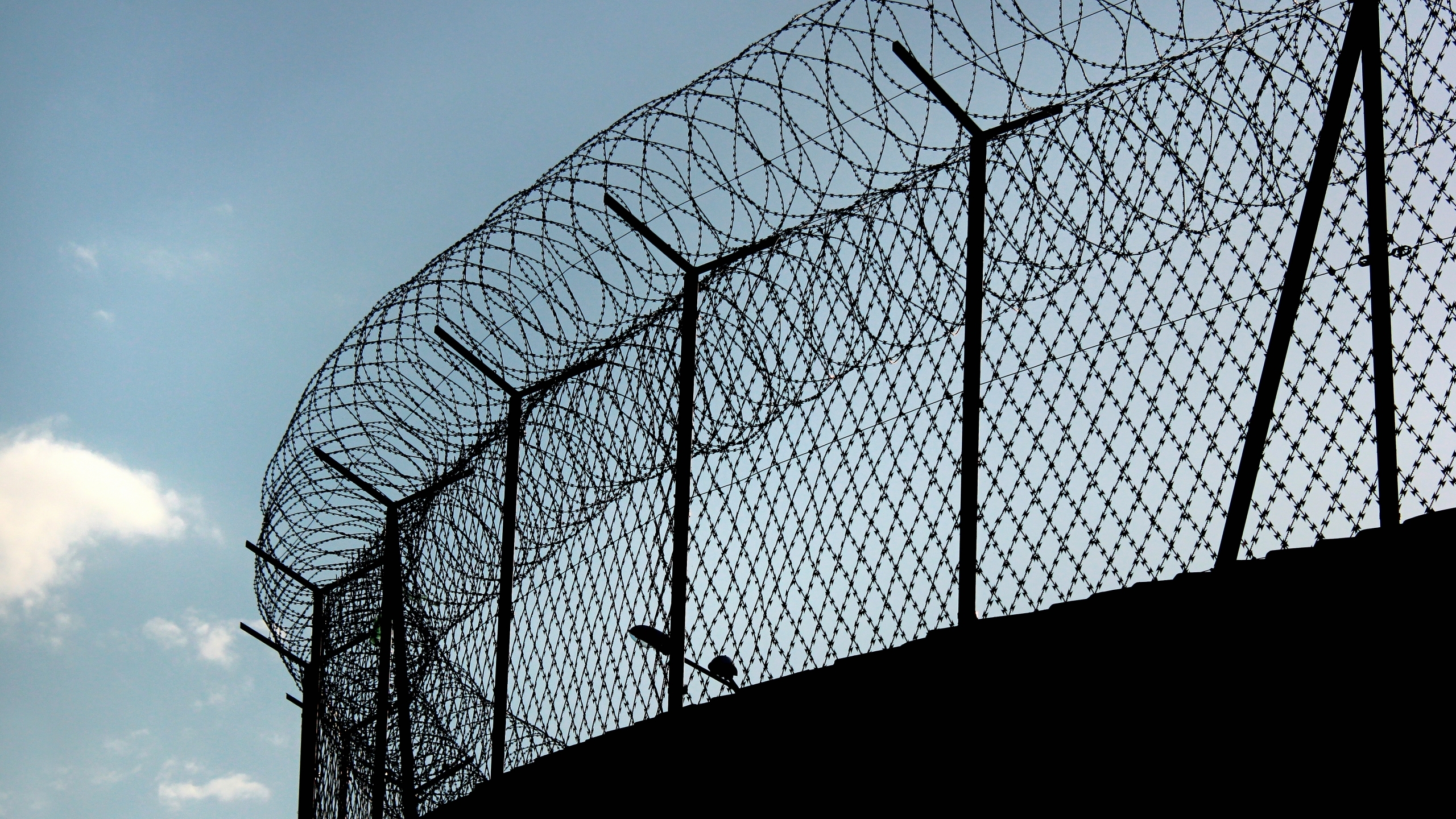There is no shame left in Alabama. Admittedly, shame has been in short supply here for decades. But whatever miniscule amount remained was shoved out on July 15 — the day Alabama Department of Corrections Commissioner Jeff Dunn sent a letter to the U.S. Treasury Department asking if the state could use COVID-19 relief funds to build new prisons.
That’s right. In the state with the worst vaccination rate in the country, where rural hospitals are closing like Blockbuster stores and tens of thousands of Alabamians lack basic sewer services, we’re trying to use COVID recovery funds to incarcerate people.
Not create programs that move people out of prisons. Not provide more resources to underserved communities to squeeze shut the school-to-prison pipeline.
Nope. Build bigger prisons.
That was our ADOC commissioner’s idea. And, as hard as it is to believe, that’s not even the worst part.
Dunn’s reasoning was essentially: We lock up a lot of Black and brown people, and because we’ve so thoroughly neglected our prisons over the past 50 years and routinely over-crowd them, those “disproportionately impacted” people (minority individuals) are being hurt by the atrocious living conditions that make viral spread much easier.
He actually wrote this down and mailed it to the Treasury Department.
(I’m no attorney, but this letter would seem to make it very easy for Alabama prisoners to sue the state and prison system for violating their constitutional rights. I mean, the commissioner has just stated publicly that the living conditions that led to dozens of COVID deaths and even more hospitalizations and long-term illnesses were known to everyone.)
The insanity of the ADOC commissioner stating that “we’re locking up a lot of minority people and not treating them well, so please let us use this virus money to solve the problems that we’ve been unwilling to solve on our own” is off the charts.
But it’s also a window into the disturbing minds of Alabama’s leaders.
They know full well that there is a multitude of problems within our corrections system. So many, in fact, that we really shouldn’t be allowed to call it a corrections system, since nothing — including the department’s own ineptitude — is ever corrected.
Instead, what we have is really, really crappy housing for thousands of people that we fail every single day.
Most of our incarcerated people never had a shot at anything other than a jail cell. They arrived in broken homes — often the result of the failed “war on drugs” — and went to broken schools. They lived their lives hungry and angry. And they landed in “the system” at an early age. From there, life as a criminal began — for any one of a thousand well-known reasons — and thanks to our utter inability to rehabilitate anyone, there was never an off-ramp on this road.
None of that absolves any of the prisoners of personal responsibility, of course. But if we’re going to ask them to take responsibility for their failures and their poor actions, then we should damn well be willing to do the same.
But we don’t.
We have poured billions of dollars into our prisons, and we’ve produced possibly the country’s worst. Prisoners die at alarming rates. Drugs are everywhere inside of the prison walls, despite the fact there hasn’t been a visitor in one for more than a year. Education programs have been left to rot. And COVID ran wild.
It’s so bad that the Trump DOJ — that’s right, the Trump DOJ — sued Alabama over its prison mismanagement. That case is still ongoing, and we’re going to lose.
And now, these incompetents want federal dollars to build more prisons.
The Treasury Department should laugh.
Or better yet, it should send Alabama a list of things it could do with its COVID recovery funds to solve its prison issues. Things like establishing more equitable funding for all public schools. And guaranteeing that all Alabama school children have access to broadband. And guaranteeing that all public school meals are free — and that there are at least two meals a day. And ensuring that there are quality afterschool programs and viable community centers. And ensuring that working families can get childcare costs 100 percent covered. And providing competent legal representation for all accused people. And offering — and actually staffing — educational and vocational programs for convicted people. And doing more work to eliminate mandatory minimum sentences. And re-establishing Alabama’s top notch mental health network that saved millions of lives.
We could do all of those things with a fraction of the money it currently costs to operate Alabama’s prisons.
But those things are hard. They dip into areas of race and class. And they mostly come with few political points for the person pushing them.
The result of not doing these things, however, we know. We see those results in the hellholes we call our state prisons — prisons that are so bad the ADOC commissioner is out here begging the feds for a little help.
And we’re begging for that help even as we fight the feds in court over the terrible state of our prisons.
See what I meant about the absence of shame in Alabama?






















































